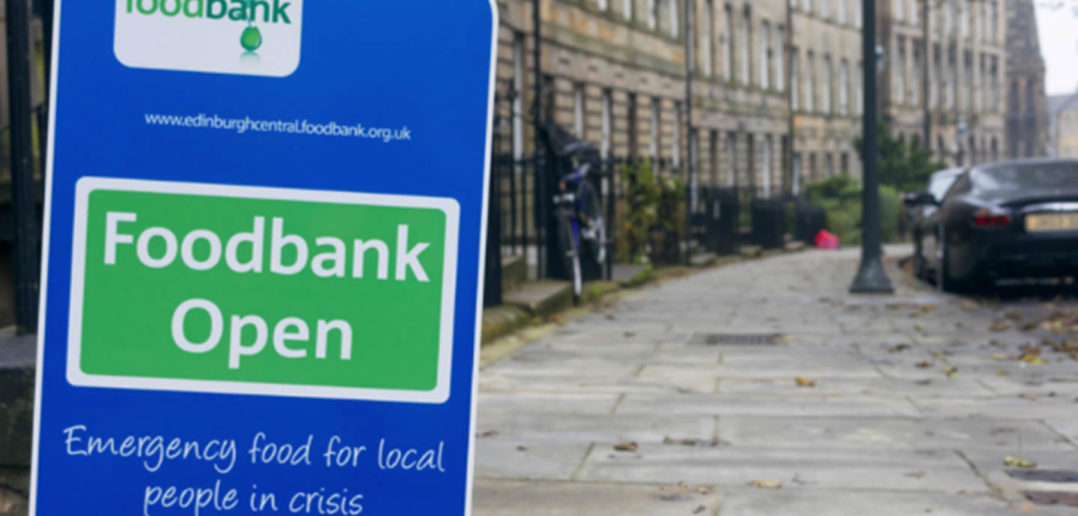Thousands of children will go hungry this Christmas, as the UK continues to struggle through the worst poverty rates in decades.
Fourteen million people in the UK live below the bread line, including 4.2 million children. As the country continues to suffer from the economic effect of the pandemic, more people have been forced to rely on foodbanks to make ends meet.
The nation’s biggest food bank charity, The Trussell Trust, has recorded a 122 percent increase in services after the first lockdown. As we approach Christmas, the trust predicts a staggering 670,000 extra people will be affected.
The trust says over 50% of people using their food banks in the pandemic had never to use one before. Over two in five households are dependent on foodbanks.
The impact of rising unemployment on low-income families has been enhanced by the governments planned reduction of the job retention scheme. The Trussell Trust state that decision like this have caused significant “reshaping of the landscape of poverty, destitution and food insecurity in this country.”
The alarming situation highlights the vulnerability of thousands of people, struggling to provide for their families. The economy, even as it stands as the fifth largest in the world, has been severely unable to cope with the multitude of demand. This has left 20%, of a first world country’s population in poverty.
Unemployment rates are a major contributing factor. The Office for National Statistics has revealed the number of people being made redundant is set to reach 227,000. The Trussell Trust has called on the government to re-think the implementation of the £170m post Covid Scheme as some desperate people aren’t eligible. It is also not expected to be a long-term solution to the problem.
The £170m is distributed to local authorities based on their demand and population size.
The scheme is designed to help the lowest paid families beyond the Christmas period. Families with children under 19 are eligible and can use the money towards food and bills. But this support will be stopped by the end of 2021, even though the country will still face the economic impact of the virus.
Thérèse Coffey, Work and Pensions Secretary, highlights the support needed for struggling families. She said: “We want to make sure vulnerable people feel cared for throughout this difficult time and, above all, no one should go hungry or be unable to pay their bills this winter.
“This package builds on that support, and by extending our successful Holiday Activities and Food Programme, as well as funding a £170m Covid winter Grant Scheme, we are making sure families get the help they need.”
However, the scheme has allowed some vulnerable people to be left isolated and without access to support. International students, refugees and migrants are excluded from government financial support due to no recourse to public funds. No Recourse to Public Funds is an immigration barrier imposed on those who hold limited leave to remain in the UK. This means families who fall under this category will not get food vouchers this winter, even though they face the same pandemic financial stress than everyone else.
Supporting people with no recourse to public funds puts a huge strain on local services, with the main impact being felt by already stretched independent charities. The worry is that as we approach Christmas and the New Year charities will be unable to keep up with the ever-increasing demand from those who are in vital need of support.




